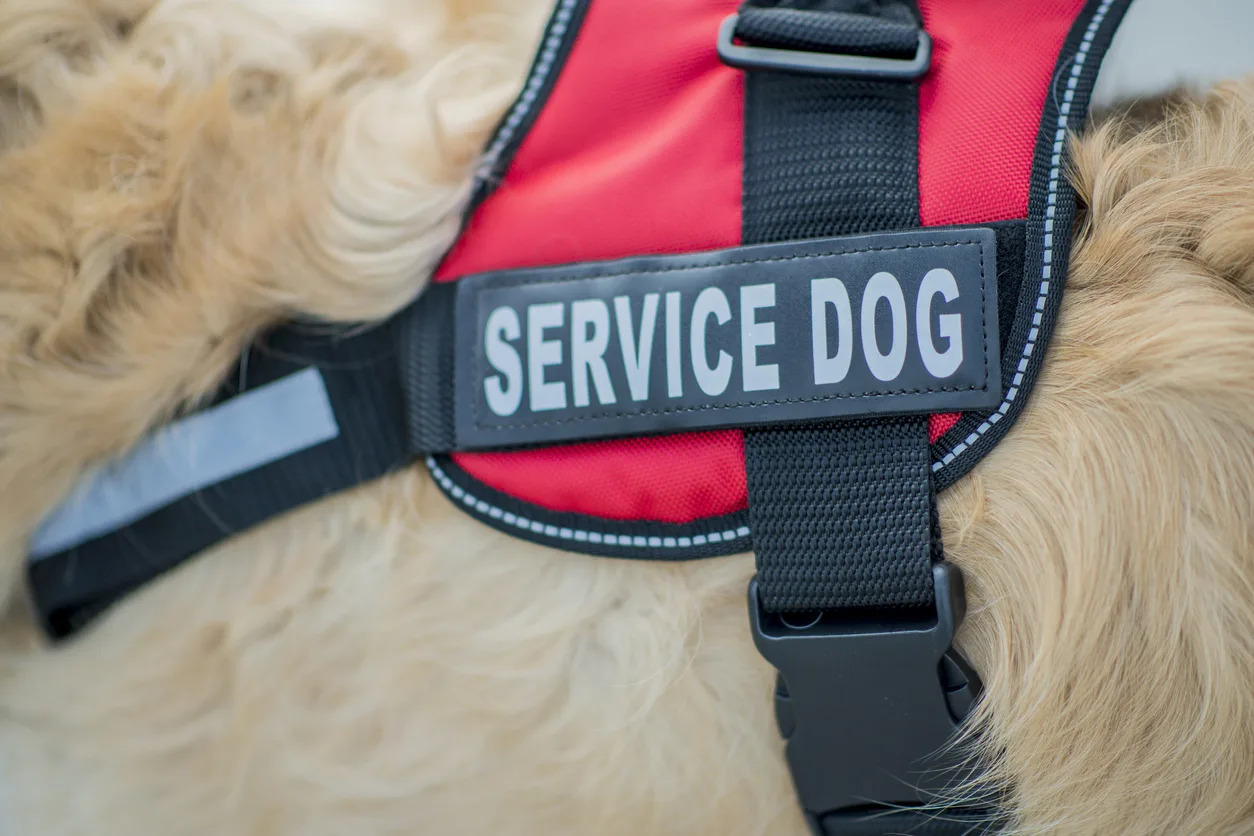A service dog and its owner has certain rights. You may have a pet that provides therapeutic aid, but a service animal is much different. Understand how your dog qualifies under the Americans with Disabilities Act (ADA) so that you know how to protect your rights.
How to Legally Qualify for a Service Animal
- You must have a disability that limits your ability to perform a major life task without assistance. This can include major psychiatric problems like PTSD. Temporary or non-chronic impairments are not considered disabilities, such as the illegal use of drugs or a broken bone that will heal.
- Your animal, typically a dog, must be trained to perform the task that you cannot perform. Under the ADA, this covers a lot of functions, eating, sleeping, reaching, bending, and many more. Any animal can be trained as a service dog, but typically, bigger and smarter breeds like Golden Retrievers and Vizlas are good candidates.
What Are Your Rights?
Under the ADA, you have the right to be accompanied by service dogs everywhere you could go without it. This includes flying without an additional charge. Please note that the airline may have limitations. You also have a right to have your landlord make adjustments for your service dog. If your apartment does not accept dogs, it will have to make an exception for a service dog. Public accommodations do not include private clubs or houses or worship, so check their policies before you bring your service animal, but most places will be able reasonably accommodate you.
Do You Have to Register Your Service Dog?
Registration is not mandatory for service dogs. In fact, you should not even have to prove you need your service dog to a business. It would be like asking someone in a wheelchair to provide proof they have to use it. However, because some people have taken advantage of service dog rules, it is important that you are confident in your rights. Registration provides legitimization for your animal and eliminates the hassle.

